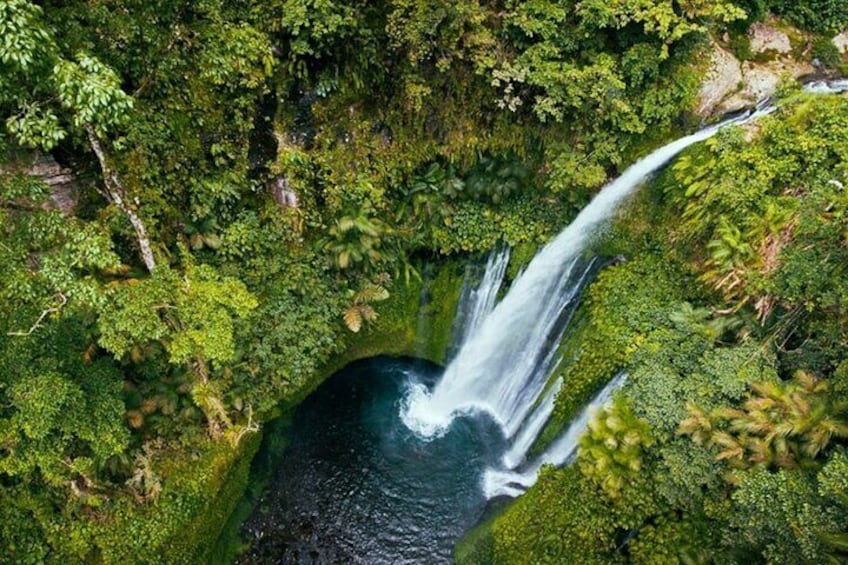
If you’re looking for a way to explore the natural world while also supporting conservation efforts, then eco-tourism might be just the thing for you. Eco-tourism is a form of sustainable tourism that seeks to minimize the impact on the environment while providing visitors with an immersive experience in nature. Here are some of the top destinations for eco-tourism that you might want to consider for your next adventure.
- Costa Rica
Costa Rica is a popular destination for eco-tourism, known for its stunning biodiversity and commitment to sustainable tourism. Visitors can explore rainforests, volcanoes, and beaches while also participating in conservation efforts such as turtle monitoring, reforestation, and sustainable agriculture.
- Galapagos Islands, Ecuador
The Galapagos Islands are a world-renowned destination for eco-tourism, famous for their unique wildlife and fragile ecosystem. Visitors can explore the islands on foot, by boat, or by snorkeling, and learn about conservation efforts to protect the diverse and delicate ecosystems.
- Borneo, Malaysia
Borneo is the third-largest island in the world and is home to some of the world’s most unique and endangered species, such as the orangutan and pygmy elephant. Visitors can participate in conservation efforts and explore the island’s dense rainforests, winding rivers, and stunning beaches.
- Iceland
Iceland’s unique geography and natural wonders make it a perfect destination for eco-tourism. Visitors can explore glaciers, volcanoes, hot springs, and waterfalls, while also learning about sustainable energy practices such as geothermal power.
- New Zealand
New Zealand is known for its stunning landscapes and commitment to environmental conservation. Visitors can explore the country’s diverse ecosystems, including rainforests, glaciers, beaches, and mountains, and learn about conservation efforts to protect the country’s unique flora and fauna.
- Bhutan
Bhutan is a small, landlocked country nestled in the Himalayas, known for its commitment to environmental conservation and sustainable development. Visitors can explore the country’s rugged terrain, ancient temples, and vibrant culture while also learning about Bhutan’s unique philosophy of Gross National Happiness.
In conclusion, eco-tourism is a great way to explore the natural world while supporting conservation efforts. These destinations offer unique and immersive experiences in nature, while also encouraging sustainable tourism practices. By choosing eco-tourism, you can help protect the planet while also creating lasting memories and experiences that will stay with you for a lifetime.

